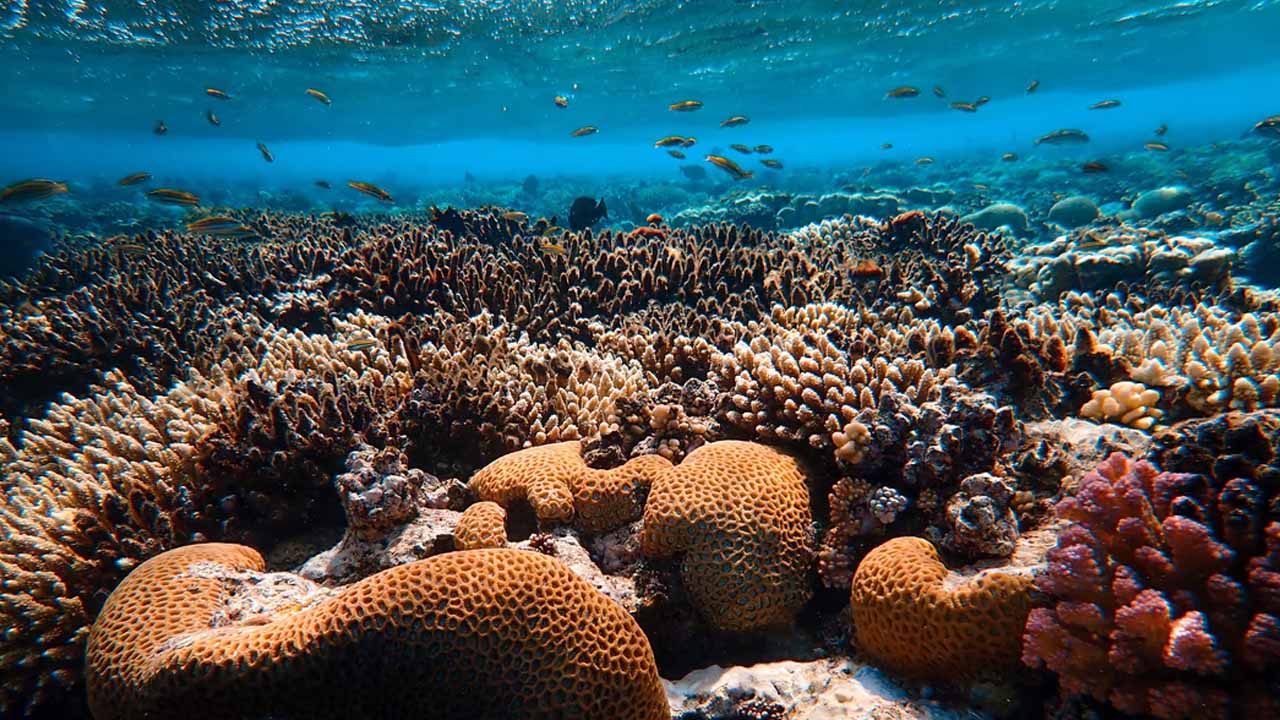Scientists from Lancaster University have discovered that fish living in bleached coral reefs can remain rich sources of micronutrients, and in some cases, can even increase in nutritional value. The team from the university, along with an international team from Seychelles, Australia, Canada and Mozambique, used 20 years of monitoring data in their study. The researchers focused on a mass bleaching event in Seychelles to collect information on the nutritional value of fish species found in the surrounding reefs. The major coral bleaching event in 1998, caused by rising sea temperatures, killed 90% of the corals found on the islands.
The United Nations has reported that 70% of the Earth’s coral reefs are threatened: 20% of them are already destroyed with no hope of recovery, 24% are at imminent risk of collapse and a further 26% are at risk for long-term threats. The degradation of coastal ecosystems is especially problematic, as 40% of the world’s population (3.1 billion people) live within 100 kilometres of the ocean, which means that massive losses of coral reef ecosystems also constitute an economic and social problem. Reef structures protect coastal communities from storms, provide sand for beaches and generate huge revenues for local leisure businesses.
Bleaching turns corals white and leaves them under stress and at risk of death. Scientists were not sure how climate change might affect the nutrients available in reef fisheries. Now, the research, published in One Earth, finds that damaged reef fisheries remain rich sources of micronutrients, even increasing the nutritional value of some minerals. This will bring hope to more than six million people who work in small-scale fisheries and depend on tropical reefs. The fish they catch are vital to the health of millions of people in the tropics, who suffer from high levels of malnutrition.
“Fish are now recognised as critical to alleviating malnutrition, particularly in the tropics where diets can lack up to 50 per cent of the micronutrients needed for healthy growth,” says Professor Christina Hicks, a co-author of the study.
The work is promising because it suggests reef fisheries will continue to play a crucial role, even in the face of climate change, and highlights the vital importance of investing in sustainable fisheries management, adds the author.
“Our findings underline the continuing importance of these fisheries for vulnerable coastal communities, and the need to protect against over-fishing to ensure long-term sustainability,” says Dr James Robinson from Lancaster University, who led the study.





























